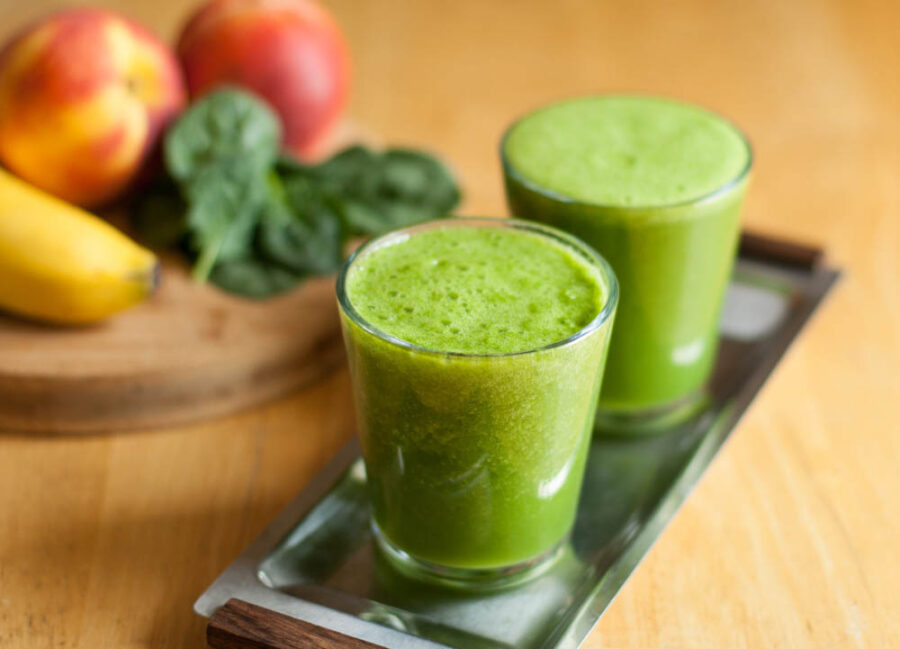Where traditional medicine and contemporary dentistry combine, Ayurveda helps strengthen teeth and gums. Welcome to the Royal Dental Clinics blog, where holistic dentist Dr. Chirag Chamria invites you on a remarkable journey. In this extraordinary journey, we will go beyond conventional dental advice and explore Ayurveda, an ancient Indian system of medicine that reveals the interconnectedness of body, mind, and spirit. Buckle up and prepare to be captivated as we navigate through the time-honored principles of Ayurveda, weaving together ancient wisdom and modern science to pave a path towards optimal oral health. With Dr. Chamria as our guide, we will unlock the door to a radiant smile that reflects not only dental vitality but also overall well-being.
Understand Ayurveda and Oral Health | Teeth and Gums
Ayurveda, a holistic system of medicine originating from ancient India, places great importance on the balance of mind, body, and spirit for overall well-being. When it comes to oral health, Ayurveda recognizes that the mouth is not just a separate entity but an integral part of the entire body. According to Ayurvedic principles, maintaining a healthy oral cavity is essential for overall health and vitality.
In Ayurveda, oral health is closely linked to the concept of doshas, which are the three fundamental energies believed to govern the body: Vata, Pitta, and Kapha. Each individual has a unique combination of these doshas, and any imbalances can lead to various health issues, including oral problems.


When it comes to oral health, an imbalance in the doshas can manifest as cavities, gum disease, bad breath, or other dental issues. For example, an excess of the Pitta dosha may result in inflamed gums or acid erosion of the teeth, while an imbalance in the Vata dosha can lead to dry mouth and increased tooth sensitivity.
Ayurveda teaches us that maintaining balance in the doshas is crucial for promoting oral health.
This can be achieved through lifestyle practices, dietary choices, and natural remedies that are tailored to an individual’s specific constitution. By addressing the root causes of oral health imbalances, Ayurveda offers a comprehensive approach to achieving stronger teeth and gums.
One of the key aspects of Ayurveda is the recognition of the digestive system’s role in oral health. According to Ayurvedic principles, a strong digestive fire, or Agni, is vital for proper absorption of nutrients and elimination of toxins. When digestion is weak, undigested food particles can accumulate in the body, leading to the formation of plaque, tooth decay, and gum disease.
Role of Digestion in Oral Health | Teeth and Gums
When it comes to oral health, many people focus primarily on brushing, flossing, and regular dental check-ups. While these practices are crucial, Ayurveda teaches us that digestion plays a significant role in maintaining healthy teeth and gums. According to Ayurvedic principles, proper digestion is the cornerstone of overall well-being, including oral health.

In Ayurveda, digestion is referred to as Agni, which translates to “digestive fire.” Agni is responsible for breaking down the food we consume, extracting nutrients, and eliminating waste products from the body. When Agni is strong, our bodies efficiently absorb essential nutrients, while toxins and waste are efficiently eliminated.
Weak digestion, on the other hand, can lead to the accumulation of toxins and undigested food particles in the body. These toxins, known as Ama in Ayurveda, can circulate throughout the body and contribute to various health issues, including oral problems.
Choosing Friendly Foods | Teeth and Gums
Ayurveda emphasizes the consumption of foods that are beneficial for dental health. Here are some tooth-friendly foods you should include in your diet:
Crunchy Fruits and Vegetables: Munching on crisp fruits and vegetables like apples, carrots, and celery acts as a natural toothbrush, stimulating saliva production and cleaning the teeth. These foods also provide essential vitamins and minerals that promote oral health.
Calcium-Rich Foods: Include calcium-rich foods like dairy products, leafy greens, and sesame seeds in your diet. Calcium strengthens teeth and bones, reducing the risk of cavities and tooth decay.
Herbal Teas: Sip on herbal teas like chamomile, green tea, and licorice root tea, which have antimicrobial properties. These teas can help fight oral bacteria and reduce inflammation in the gums.
Ayurvedic Herbs for Oral Health | Teeth and Gums
Ayurveda has a rich repository of herbs that are beneficial for dental health. Incorporating these herbs into your diet or using them in oral care practices can enhance your oral hygiene routine. Some notable herbs include:
Neem: Neem has antimicrobial and anti-inflammatory properties, making it effective in combating gum disease and preventing tooth decay. Use neem twigs or neem-based toothpaste for natural oral care.
Triphala: Triphala, a combination of three fruits, is known for its detoxifying and antibacterial properties. It helps maintain oral hygiene by reducing plaque and preventing gum disease.
Clove: Clove is a powerful natural analgesic and antibacterial agent. It helps alleviate toothaches and fights oral bacteria. Use clove oil or add powdered cloves to your oral care routine for healthier teeth and gums.
Ayurvedic Practices for Oral Care
In addition to dietary changes, Ayurveda recommends certain practices for optimal oral care. These practices can be incorporated into your daily routine to promote healthier teeth and gums:
Oil Pulling: Oil pulling involves swishing a tablespoon of coconut oil or sesame oil in your mouth for 10-15 minutes. This practice helps remove toxins and bacteria from the oral cavity, reducing the risk of gum disease and promoting fresher breath.
Tongue Scraping: Use a copper or stainless steel tongue scraper to gently scrape your tongue. This practice removes bacteria and debris from the tongue’s surface, improving oral hygiene and preventing bad breath.
Mindful Eating and Dental Health | Teeth and Gums
In today’s fast-paced world, we often find ourselves rushing through meals, eating on the go, or multitasking while we eat. However, Ayurveda teaches us the importance of mindful eating for our overall well-being, including dental health.
Slow Down and Chew Thoroughly: Slowing down and savoring each bite starts mindful eating. Chew your food well before swallowing. Chewing breaks food down, making digestion easier. It also increases saliva production, which contains carbohydrate-digesting enzymes.
Engage Your Senses: Taste, smell, and texture matter. Eat with your senses. Doing so lets you enjoy your meal and prepare your body for optimal digestion.
Create a Peaceful Environment: Eat in peace. Avoid screens, work, and stressful conversations. Relaxation and focus on eating help digestion in a peaceful environment.


By practicing mindful eating, we can cultivate a deeper connection with our food, enhance digestion, and promote healthier teeth and gums.
Portion Control: Being aware of hunger and fullness cues is mindful eating. Don’t overeat. Overeating can strain your digestive system and cause tooth decay or acid reflux.
Choose Nutrient-Dense Foods: Eat mindfully. Fruits, vegetables, whole grains, and lean proteins are nutrient-dense. These foods provide calcium and vitamin C for strong teeth and gums.
Limit Sugary and Acidic Foods: Mindful eating includes considering how certain foods affect dental health. Acidic and sugary foods and drinks can cause cavities. Rinse your mouth after eating sugary snacks, carbonated drinks, and acidic fruits.
Hydrate Adequately: Water is essential for oral and overall health. Water washes away food particles and bacteria, hydrates the mouth, and promotes saliva production for a healthy mouth.
Conclusion
As you can see, Ayurveda offers a holistic approach to dental health, focusing on the mind-body connection and natural remedies. By incorporating Ayurvedic dietary practices, consuming tooth-friendly foods, and following Ayurvedic oral care routines, you can achieve stronger teeth and gums. Remember, maintaining regular dental check-ups and cleanings with professionals like Dr. Chirag Chamria at Royal Dental Clinics is crucial for comprehensive oral health care. Embrace the wisdom of Ayurveda, and enjoy a radiant smile that reflects your overall well-being.
© All rights reserved by Royal Dental Implants Pvt Ltd
Issued in public interest






